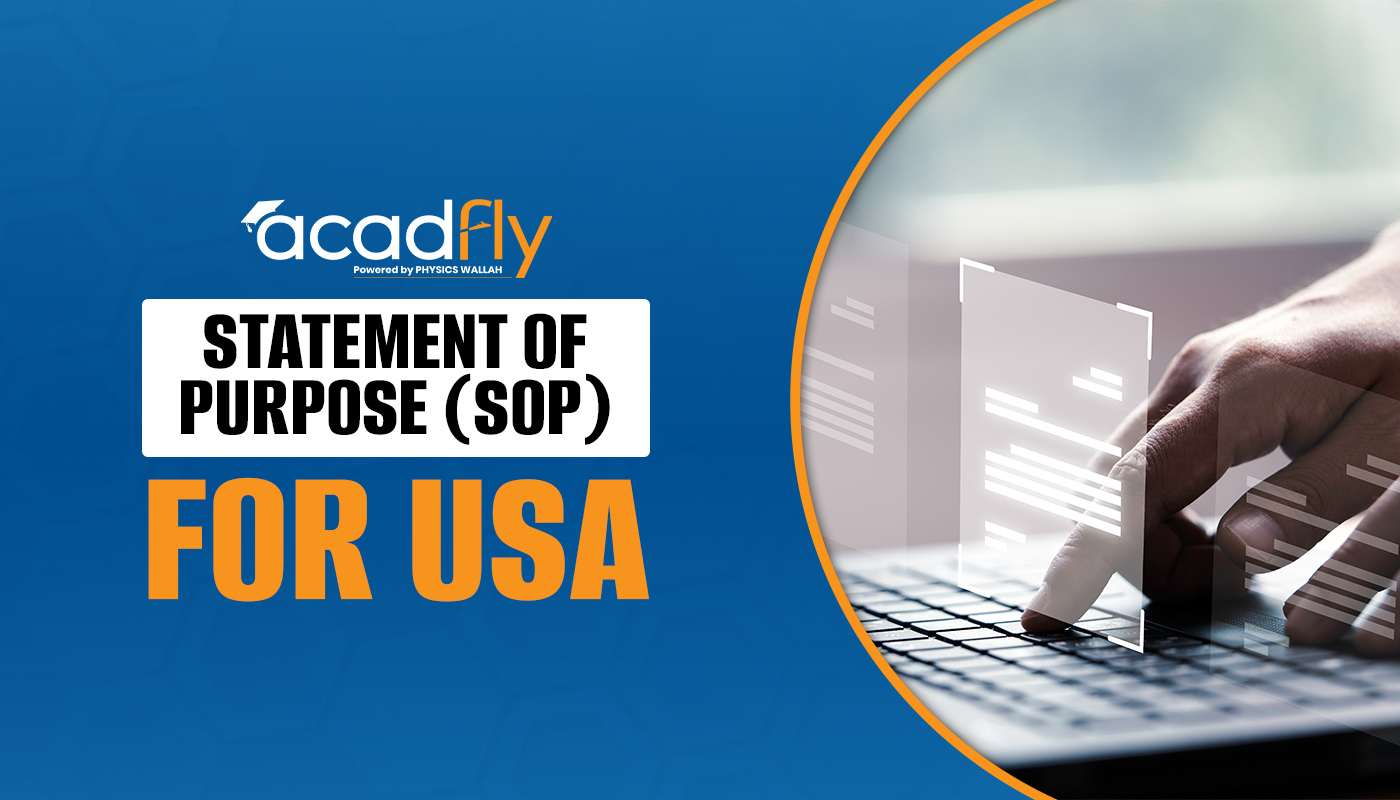

Studying Information Technology (IT) in Australia offers a gateway to a dynamic and ever-evolving field. To embark on this journey, understanding the IT degree requirements in Australia is essential. These requirements encompass educational qualifications, language proficiency, and specific admission criteria set by universities. Aspiring students must typically hold a relevant undergraduate degree or its equivalent to qualify for a master's program. Additionally, many institutions require standardized test scores, such as IELTS or TOEFL, to ensure that students can succeed in an English-speaking environment. Understanding these requirements will help students prepare effectively for their IT studies in Australia.
Eligibility Criteria for IT Masters Australia
When considering a Master’s program in Information Technology in Australia, it is essential to understand the eligibility criteria. These criteria may vary slightly between universities, but several common requirements typically apply. Here are five key points to consider when determining eligibility for IT masters in Australia.
Academic Qualifications
Most universities require applicants to have completed a relevant undergraduate degree in IT, Computer Science, or a related field. Some institutions may accept students from other disciplines, provided they demonstrate sufficient knowledge of IT concepts.
Work Experience
While not always mandatory, relevant work experience in the IT field can enhance your application. Some programs may favor applicants with professional experience, especially for advanced or specialized courses.
Language Proficiency
Non-native English speakers must demonstrate proficiency in the English language. This is often assessed through standardized tests like IELTS or TOEFL, with minimum score requirements set by each university.
Additional Tests
Certain universities may require applicants to take entrance examinations or provide GRE scores, particularly for specialized IT programs. These assessments help evaluate a candidate's suitability for advanced study in the field.
Application Documents
Applicants must prepare essential documents, including academic transcripts, a statement of purpose, letters of recommendation, and a resume or CV. Ensuring all documents are complete and accurately reflect your qualifications is crucial for a successful application.
IELTS/TOEFL Requirements for IT Programs Australia
When applying for IT programs in Australia, international students must meet specific language proficiency requirements, typically assessed through standardized tests like IELTS or TOEFL. These tests ensure that students can effectively communicate and comprehend course materials in English. Here are five key points regarding the IELTS/TOEFL requirements for IT programs in Australia.
Minimum Score Requirements
Most Australian universities require a minimum IELTS score of 6.5 to 7.0 or a TOEFL score ranging from 79 to 94. These scores ensure that students possess adequate language skills to succeed in their studies. However, specific requirements can vary between institutions and individual programs, so applicants must verify the exact criteria for each university to avoid any misunderstandings during the application process.
Test Validity Period
IELTS and TOEFL scores are generally considered valid for two years from the date of the test. Students should ensure their scores fall within this validity period when submitting their applications. If the scores are older than two years, applicants may need to retake the test to meet the admission requirements, potentially delaying their study plans.
Subscores for IELTS
Some universities may impose specific subscore requirements for the IELTS exam, particularly in the writing and speaking sections. For instance, a program may require a minimum of 6.0 in each component, not just an overall band score of 6.5. Applicants should carefully review the language requirements of their chosen programs to ensure they meet all necessary subscore criteria, as failing to do so could jeopardize their admission chances.
Preparation Courses
For students who do not meet the language requirements, many universities offer English language preparation courses designed to improve language skills. These courses focus on enhancing listening, speaking, reading, and writing abilities in an academic context. Completing these preparatory programs can help students meet the required scores for admission, allowing them to transition smoothly into their IT studies.
Alternative Provisions
In certain cases, universities may waive English language requirements for students who have completed their previous education in English-speaking countries. This provision is beneficial for applicants who have already demonstrated their proficiency through prior studies. Students interested in this exemption should directly contact the admissions office to determine their eligibility and provide necessary documentation, such as transcripts, to support their request.
Best IT Schools and Universities in Australia
Here are the best IT schools and universities in Australia, known for their excellent programs and facilities. This list can help prospective students make informed choices about where to pursue their IT studies.
|
University Name |
Location |
Notable Programs |
Notable Features |
|
University of Melbourne |
Melbourne |
Master of Information Systems |
Strong research focus, industry partnerships |
|
Australian National University |
Canberra |
Master of Computer Science |
Leading research institution, diverse community |
|
University of Sydney |
Sydney |
Master of IT and Management |
Global reputation, modern facilities |
|
Monash University |
Melbourne |
Master of Data Science |
Innovative teaching methods, comprehensive support |
|
University of New South Wales |
Sydney |
Master of Cyber Security |
Strong industry connections, specialized labs |
|
Queensland University of Technology |
Brisbane |
Master of Information Technology |
Hands-on experience, focus on employability |
|
University of Technology Sydney |
Sydney |
Master of IT |
Emphasis on practical learning, diverse courses |
|
RMIT University |
Melbourne |
Master of Data Science |
Strong industry ties, flexible learning options |
|
Deakin University |
Geelong |
Master of Cyber Security |
Personalized support, state-of-the-art facilities |
|
Curtin University |
Perth |
Master of Information Technology |
Strong links to industry, vibrant student life |
Available Scholarships for IT Australia
When considering studying IT in Australia, numerous scholarships are available to help alleviate the financial burden. These scholarships cater to both international and domestic students and often cover tuition fees, living expenses, or both. Here’s a summary of some notable scholarships for IT students:
|
Scholarship Name |
Offered By |
Eligibility Criteria |
Scholarship Amount |
|
Endeavour Postgraduate Scholarship |
Australian Government |
International students pursuing a master's degree |
Up to AUD 140,000 |
|
Australia Awards Scholarships |
Australian Government |
Citizens from participating countries seeking master's degrees |
Varies |
|
University of Melbourne Graduate Scholarships |
University of Melbourne |
International students in IT programs |
Up to AUD 20,000 |
|
UTS International Research Scholarship |
University of Technology Sydney |
High-achieving international students |
Tuition fees and living stipend |
|
Monash University Scholarships |
Monash University |
International students in IT programs |
Up to AUD 50,000 |
|
RMIT University International Excellence Scholarship |
RMIT University |
International students with excellent academic records |
AUD 10,000 |
|
Deakin University Scholarships |
Deakin University |
International students in IT programs |
Varies |
|
University of Queensland Scholarships |
University of Queensland |
High-achieving international students |
Up to AUD 25,000 |
|
Curtin University International Scholarships |
Curtin University |
International students in any program |
Up to AUD 20,000 |
|
ANU International Scholarship |
Australian National University |
International students with outstanding academic performance |
Varies |
Frequently Asked Questions
1.What are the eligibility criteria for IT master's programs in Australia?
2.What English language tests are accepted for IT programs in Australia?
3.Are scholarships available for international IT students in Australia?
4.Which are the best universities for IT studies in Australia?
5.What are the admission requirements for IT programs in Australia?









